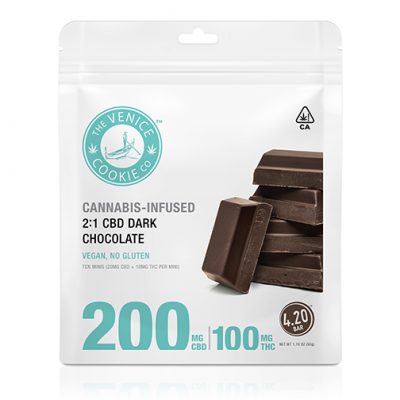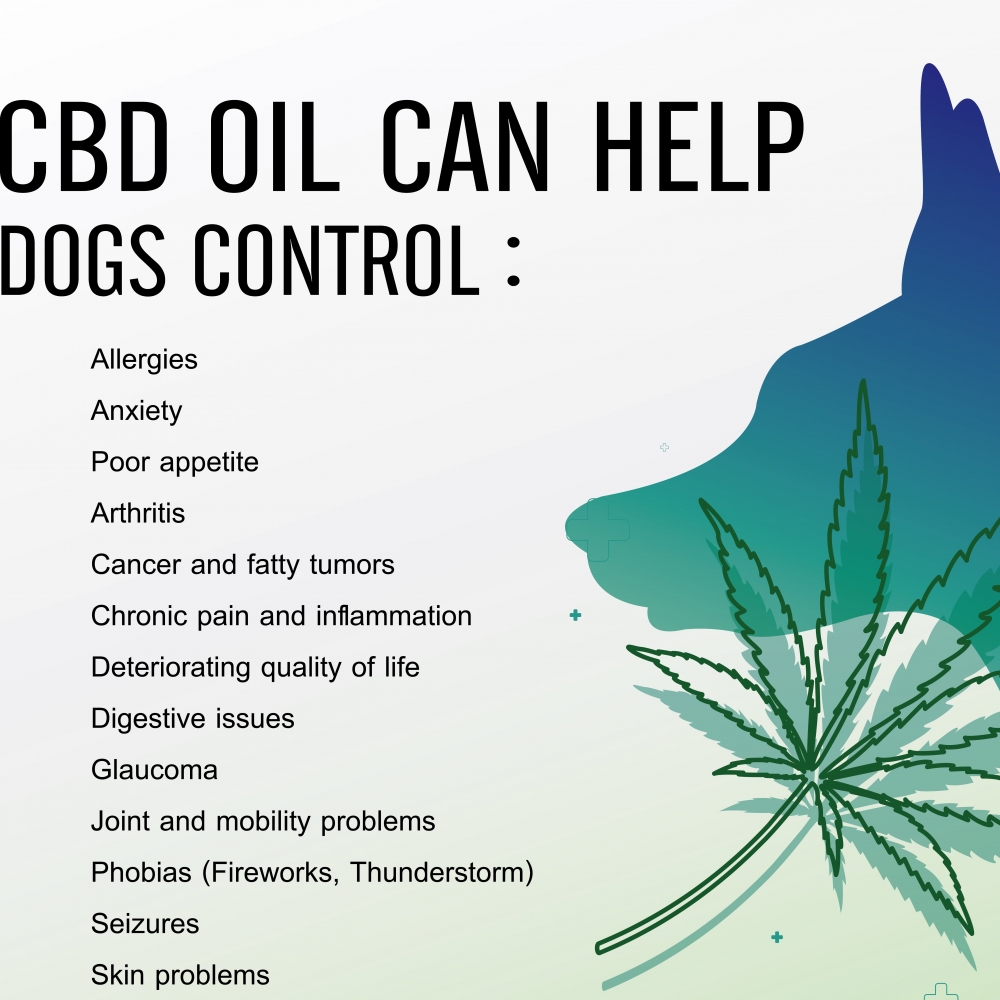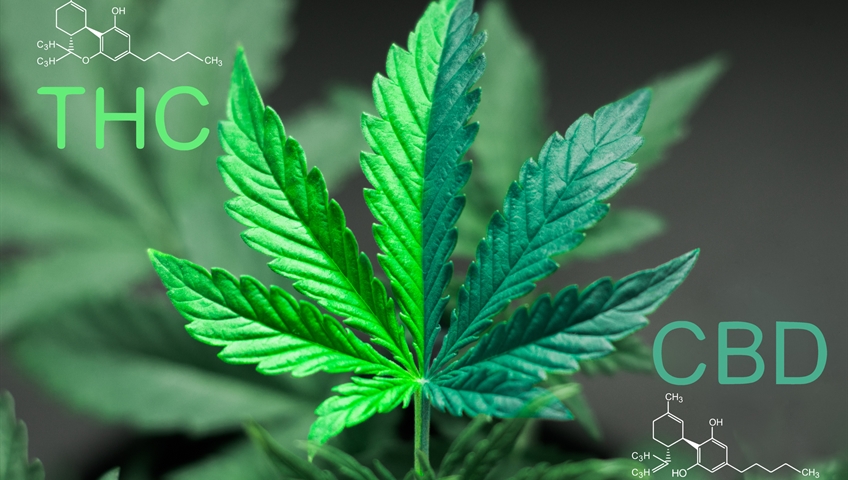
The industry has experienced rapid growth as a result of legalizing recreational marijuana. But, the legal marijuana industry is facing many major challenges, including regulatory as well as economic, and regulatory, issues. Many cannabis companies now face scrutiny from regulators, lenders, investors and lenders.
A number of states are now allowing adults to use cannabis. Alaska, California (Colorado), Hawaii, Illinois and Massachusetts have legalized recreational use of cannabis. The amount of adult users of marijuana has increased from just 40 percent in 2012 down to over fifty percent today. Many of these consumers are female.
While women are often overlooked when it comes to marijuana research, they play an important part in the industry. Forbes magazine has found that 38% of the employees in cannabis businesses are females, according to a recent survey. The purchasing power of females is greater than that of males, which allows them to purchase cannabis products at higher rates.

Women working in the cannabis industry play a critical role in its rapid growth. By consuming cannabis at higher rates, they are changing consumer behavior. This is causing a shift in the way people are spending money. Young consumers are also shifting away from alcohol and choosing to spend money on cannabis products.
Despite some significant challenges in the past, the industry's future is bright. To capitalize on the potential of the industry, major players have entered it. Constellation Brands, Scott's Miracle-Gro (parent of Corona beer), and Kind Financial have made investments into marijuana-related companies.
Rumours circulating that Johnson and Johnson may be entering the marijuana industry are not unfounded. Recently, GW Pharmaceuticals received FDA approval for Epidolex, a drug that is derived from naturally-derived cannabinoids.
Cannabis has become a billion dollar industry in the U.S., despite being classified as a Schedule 1 narcotic by the federal government. This industry is rapidly growing and is expected reach $100 Billion value by 2030. New Frontier Data predicts that the industry will experience a compound annual growth rate in excess of 11 percent between 2020 and 2030.

One of the biggest challenges in the cannabis industry is navigating compliance and tax regulations. Companies need to be transparent in order for this to happen. Companies must also be ready for Internal Revenue Code Section 280E. This can make it more difficult for businesses to obtain the financing they require to grow.
Despite all the difficulties, the legal adult marijuana industry is expected to reach an estimated $24 Billion by 2025. Canada became the first country in the world to legalize marijuana for private use. These two countries will all support the cannabis industry.
There are financial concerns as well as a prolonged slowdown in mergers. In addition, cannabis is also facing the threat of inflation and overproduction. However, cannabis has a greater resilience than other industries and is well-prepared to withstand recessions.
FAQ
Which states consume the most CBD?
California, Colorado and Oregon are three of the most popular states. These states are home to large populations with high incomes and low unemployment rates. These states also have higher hemp farms than the rest.
California is the leader because its economy is heavily dependent on agriculture. It produces most of the nation's vegetables and fruits. This makes sense since cannabis is derived from the same plant as hemp.
Colorado and Oregon follow close behind because they both produce marijuana for medical purposes. However, unlike California, these two states do not allow the recreational use of marijuana.
Other highly ranked states include Washington and New York, Florida, Illinois. Pennsylvania. Mississippi.
Is the CBD market growing?
Yes! This growth is expected to continue as legalization expands across North America. This year alone, Canada legalized recreational cannabis use, while several states have passed medical marijuana laws.
This trend will likely continue for at least another decade as more states pass legislation allowing access to medicinal marijuana.
From an economic standpoint, legalizing marijuana is also sensible. Legalizing marijuana has many other benefits.
It could reduce crime rates, by decreasing illegal drug availability. It could also provide a source of tax revenue for governments.
As legal marijuana is more popular, people may be less likely to smoke. This would result in fewer hangovers, and lower healthcare costs.
Patients with chronic pain might find that marijuana actually helps to improve their quality-of-life. Many believe that THC (the active ingredient in marijuana) helps to relieve the symptoms of nausea and muscle spasms associated with chemotherapy.
It is possible that marijuana could be used to treat mental disorders such as anxiety or depression. Some studies even suggest that marijuana may be able to treat schizophrenia.
So, although the future looks bright for the CBD industry, we should not forget that there are still plenty of challenges facing us along the way.
Which countries produce CBD with the highest quality?
The United States is home to the greatest number of CBD products.
High-quality CBD products are also being produced in Canada, Australia and New Zealand.
How can CBD products successfully be marketed by companies in compliance with regulations?
The FDA does not regulate hemp as an agricultural commodity. The FDA regulates cannabis derivatives (e.g. marijuana) under the Controlled Substances Act. CBD has not been subject to any specific regulations.
CBD is legal at state level in 29 US states. Federal law considers it illegal. Businesses looking to sell CBD products are left in uncertainty.
The FDA also has guidelines for how CBD products should be advertised. The FDA requires that all CBD products clearly disclose their THC content. Without supporting scientific evidence, CBD cannot be claimed to treat certain medical conditions.
Further, the FDA requires that manufacturers provide information on manufacturing practices and quality controls. To demonstrate safety and efficacy, the FDA requires companies to perform clinical trials.
Companies should consider these factors when developing their own marketing strategies.
Is the CBD market saturated?
CBD industry is growing at over 25% per annum. This growth is expected not to stop for at least five more years. In fact, the industry is projected to grow from $2 billion today to $5 billion by 2020.
The CBD market is currently dominated by two companies - GW Pharmaceuticals and Canndoc Ltd. Both are focused on developing pharmaceutical-grade products. They haven't been very successful so far. They are both struggling to gain traction in the marketplace.
Cannabidiol (CBD), an extract from cannabis, contains less than 0.3% THC. It doesn't produce any psychoactive effects. It can be used to treat epilepsy, and other medical conditions. It is often used as an dietary supplement.
There are many different types of CBD products available. Some CBD products are made with whole plants extracts, others use CBD isolates.
All of these products share one thing: They contain low levels THC.
They are therefore legal under US federal law. You will still need to follow local laws if you are selling CBD products. You should always verify your state's regulations for the sale of CBD products.
Additionally, CBD products in some states are illegal. These include California and Colorado, Florida, Mississippi. Missouri, New York. North Carolina. Ohio. Oklahoma. Oregon. Rhode Island. South Dakota. Texas. Utah. Virginia. Washington.
If you live in one of these states, then you will probably want to avoid making CBD products.
Is there any evidence CBD has anxiety-reducing properties?
CBD oil can be used to treat anxiety. It interacts with CB1 receptors and CB2 receptors in your brain. The endocannabinoid (Endocannabinoid) system regulates mood, stress and responses.
CB1 receptor is activated when our bodies feel anxious. This receptor triggers the amygdala and is responsible to emotional processing.
When the CB1 receptor gets blocked, the amygdala can't process emotions. CBD users report less negative feelings.
A 2017 study revealed that CBD lowers anxiety in patients suffering from social phobia. Another study showed that CBD reduces symptoms of PTSD.
A 2018 review concluded CBD has anxiolytic potential and could be used to treat generalized anxiety disorder.
Another review suggested that CBD might also reduce panic attacks.
However, multiple studies have shown that CBD does increase anxiety in mice.
According to the researchers, this discrepancy between animal and human data may be due in part to differences in CBD's effects on humans and animals.
CBD is not subject to any long-term safety tests. Experts are unanimous that CBD is safe if used as directed.
Is CBD a good company to invest?
As people learn more about the benefits of hemp-based products, the market for them continues to grow. The market for hemp-based products could reach $1 billion by 2022, according to estimates.
Market growth is expected at an annual rate in excess of 20% up to 2020, when it will reach $2.5Billion.
Hemp oil has been used in many beauty products and health care products including creams, lotions.
There are many CBD-infused food items, such as snacks, dog treats and pet foods, that can be produced by companies.
CBD is currently legally available in all 50 States. However, this could change soon. More research into CBD's potential uses will be done, which will make it easier for businesses and law enforcement to do business legally.
These are just a few of the many reasons CBD investment can be lucrative.
Statistics
- CBD seems unlikely to directly influence sleep in healthy humans [115] (and maybe “sleep-promoting” in those with certain comorbid conditions) (ncbi.nlm.nih.gov)
- A recent study [161] also found that in vitro CBD treatment (i.e., ≤ 2 h exposure to 10 μM) induced ~40% vasorelaxation in isolated (pre-constricted) (ncbi.nlm.nih.gov)
- A recent systematic review of human trials also reported that individuals with epilepsy receiving CBD (5–20 mg·kg−1·day−1) were more likely to experience decreased appetite than those receiving placebo (i.e., ~20 vs. 5% of patients) (ncbi.nlm.nih.gov)
- OralWhere HED is the human equivalent dose, and Km is a correction factor estimated by dividing the average body mass (BM) of the species (60, 0.020, and 0.150 kg for 11 humans, mice, and rats, respectively) and by its surface area (see: Nair et al. (ncbi.nlm.nih.gov)
- HR −16 mmHg; 95% CI −26, −6; I2 = 92%) (ncbi.nlm.nih.gov)
External Links
How To
What are the common issues in the CBD industry?
The current market for CBD products is growing at an incredible rate. However, there are still many challenges facing businesses looking to enter this space. These include lack of consumer awareness and high costs of entry, limited capital access, and regulatory uncertainty.
Many consumers don't understand what CBD is and how it works. This means they are not able to make informed choices about whether or no to purchase CBD products.
Most CBD companies rely heavily upon word-of mouth marketing. This can be costly as it involves advertising and staffing to promote the brand.
High production costs are another problem facing new entrants in the CBD industry. High prices are a major problem for CBD products because of the high cost of raw materials. CBD oil can only then be produced if the hemp has been grown in a specific environment.
For CBD oil to be produced, you need to plant enough hemp. This costs about $1,000 an acre. This means that many small farmers cannot afford the cost of starting.
Another challenge new entrants face in the CBD market is the lack of access to capital. Due to the stigma surrounding the industry, banks discourage many people who wish to start businesses.
The sale of CBD products is still subject to regulatory uncertainty. There are currently not clear guidelines as to how CBD products should marketing.
Although some states have passed legislation restricting CBD product sales, this has not become a national policy.
Only Nevada and Maine have so far legalized recreational marijuana.
Massachusetts and Michigan, however, are exploring similar options.
These changes could result in increased competition between CBD manufacturer.
As a result of these factors, many entrepreneurs choose to work from home rather than start a physical business.